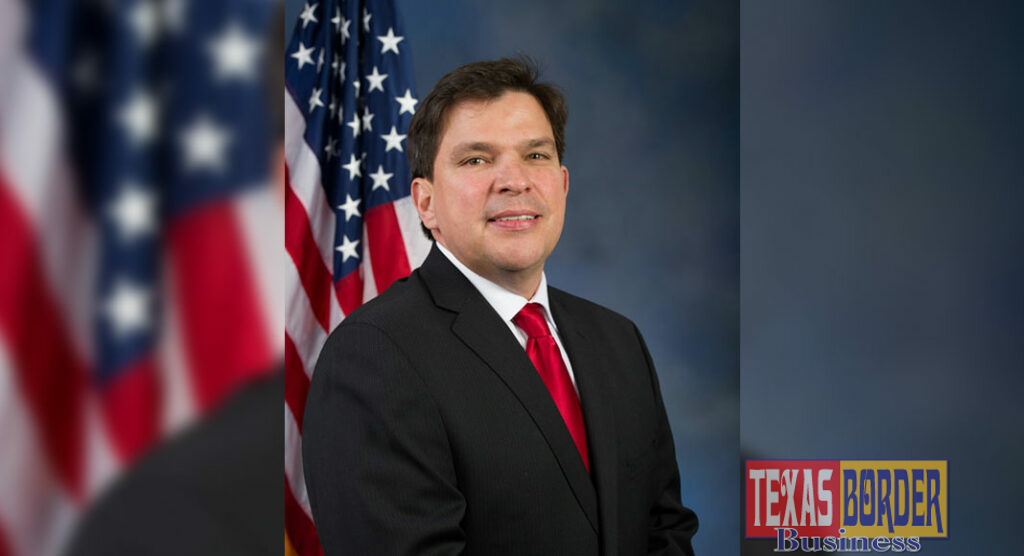
Texas Border Business
WASHINGTON – Today, Congressman Vicente Gonzalez (TX-15) announced $10,383,884 in first allocation funding from the Department of Housing and Urban Development (HUD) for Community Development Block Grants (CDBG) and Emergency Shelter (ESG) for the COVID-19 (coronavirus) pandemic.
“I will continue to keep the pressure on to ensure that our district receives the funds it needs during this time of crisis,” said Congressman Gonzalez. “This funding is a vital step for cities and counties to prepare for and mitigate the effects of the COVID-19 pandemic. We will continue to work around-the-clock for the frontline medical professionals, hospitals, and our community.”
Totals in first allocation HUD funding for the 15th District of Texas:
- Edinburg: $612,766 (CDBG)
- Hidalgo County: $4,559,466 (CDBG), $2,299,055 (ESG)
- McAllen: $1,005,274 (CDBG)
- Mission: $573,402(CDBG)
- New Braunfels: $243,103 (CDBG)
- Pharr: $665,558 (CDBG)
- San Marcos: $425,261 (CDBG)
On Friday, March 27, the U.S. House of Representatives passed and the president signed the Coronavirus Aid, Relief, and Economic Security (CARES) Act, a $2 trillion economic stimulus bill aimed at giving small businesses, families, and workers much needed economic relief. This is the third relief package to help the American people during the COVID-19 pandemic.
The first COVID-19 response package provided $8.3 billion in supplemental grants and expanded telemedicine services to community health centers for the development of treatments and prevention, preparedness, and response measures.
Congress passed a second package, which was enacted on March 18, that ensures free coronavirus testing, increases support for Medicaid, provides for two weeks of paid sick leave and up to three months of family and medical leave, enhances unemployment insurance, and strengthens nutrition initiatives including the Supplemental Nutrition Assistance Program (SNAP).














